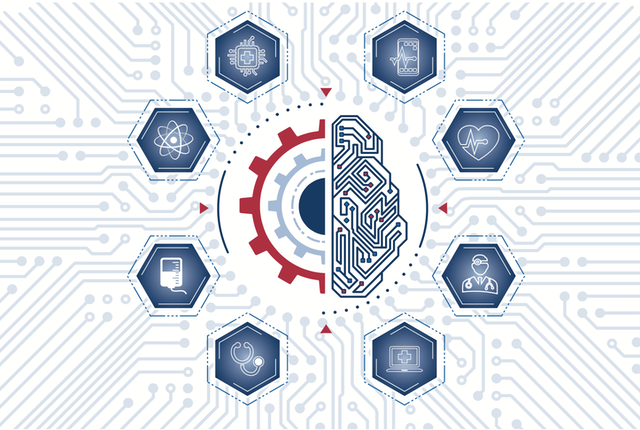
How Artificial Intelligence In ICT4D Projects Can Improve Lives
Artificial intelligence (AI) can be used in ICT4D projects to improve people’s lives in developing countries by providing access to information, opportunities, and services, and by promoting innovation and efficiency in various sectors. Some examples include:
- Healthcare: AI can be used to improve the diagnosis and treatment of diseases, through the use of machine learning algorithms to analyze medical data and identify patterns. It can also be used to support telemedicine and remote healthcare services, allowing for the delivery of care to people in remote or underserved areas.
- Education: AI can be used to personalize learning and adapt to the needs of individual learners, through the use of adaptive learning algorithms and other technologies. It can also be used to analyze data on learning outcomes and identify areas for improvement.
- Agriculture: AI can be used to improve the efficiency and productivity of agriculture, through the use of precision agriculture technologies such as remote sensing and GPS-based farming tools. It can also be used to analyze data on crop yields and identify patterns that can inform decision-making.
- Financial inclusion: AI can be used to expand access to financial services, through the use of mobile banking and other digital financial technologies. It can also be used to analyze data on financial behavior and identify patterns that can inform the design of financial products and services.
How 5 Judicial AI Solutions Are Proving Skeptics Wrong in India
Digital development experts often dismiss Generative AI adoption in government systems as either “techno-solutionism” or “digital colonialism.”...
Why India’s Digital Public Infrastructure Will Democratize AI Usage
Low- and middle-income countries often make the same mistake with every new technology wave. They chase the Silicon Valley model, throwing resources at private...
Stop Development Project Failure! Use This People-Centered AI Playbook
I’ve lost count of how many AI-for-development projects I’ve seen crash and burn. Not because the technology wasn’t impressive or the intentions...
How Will You Respond? 6 Forces Reshaping Global Health in 2026
The global health sector faces its most dramatic transformation since the creation of multilateral institutions 70 years ago. While most organizations are still...
An African AI EduTech Moment: Move Forward with Intention
We’re at a critical inflection point for artificial intelligence in African education. The conventional wisdom in our community is that AI represents an unprecedented...
We Must Help Countries Resist the Sovereign Generative AI Trap
The digital development community has make this mistake before. We chase politically appealing solutions that sound like empowerment but actually deepen dependency...
Why We Must Move Past US-China AI Cold War Binary Thinking
We are witnessing one of the most dangerous narratives to emerge in the ICT4D space in decades.
While Washington and Beijing battle for technological supremacy,...
Great News! MIT Says 95% Of All Corporate Generative AI Pilots Fail
The MIT report declaring that 95% of generative AI pilots are “failing” has sent shockwaves through boardrooms and generated countless LinkedIn hot...
The Good, Bad, and Ugly of AI in Sexual and Reproductive Health Rights
Technology is transforming access and delivery of sexual and reproductive health (SRH) information and services, and artificial intelligence (AI) is one of the...
Please RSVP Now: A Global Gathering on AI for Development and Impact
With dramatic reductions in development and humanitarian funding landscapes, artificial intelligence is becoming a go-to solution to save time and money –...











